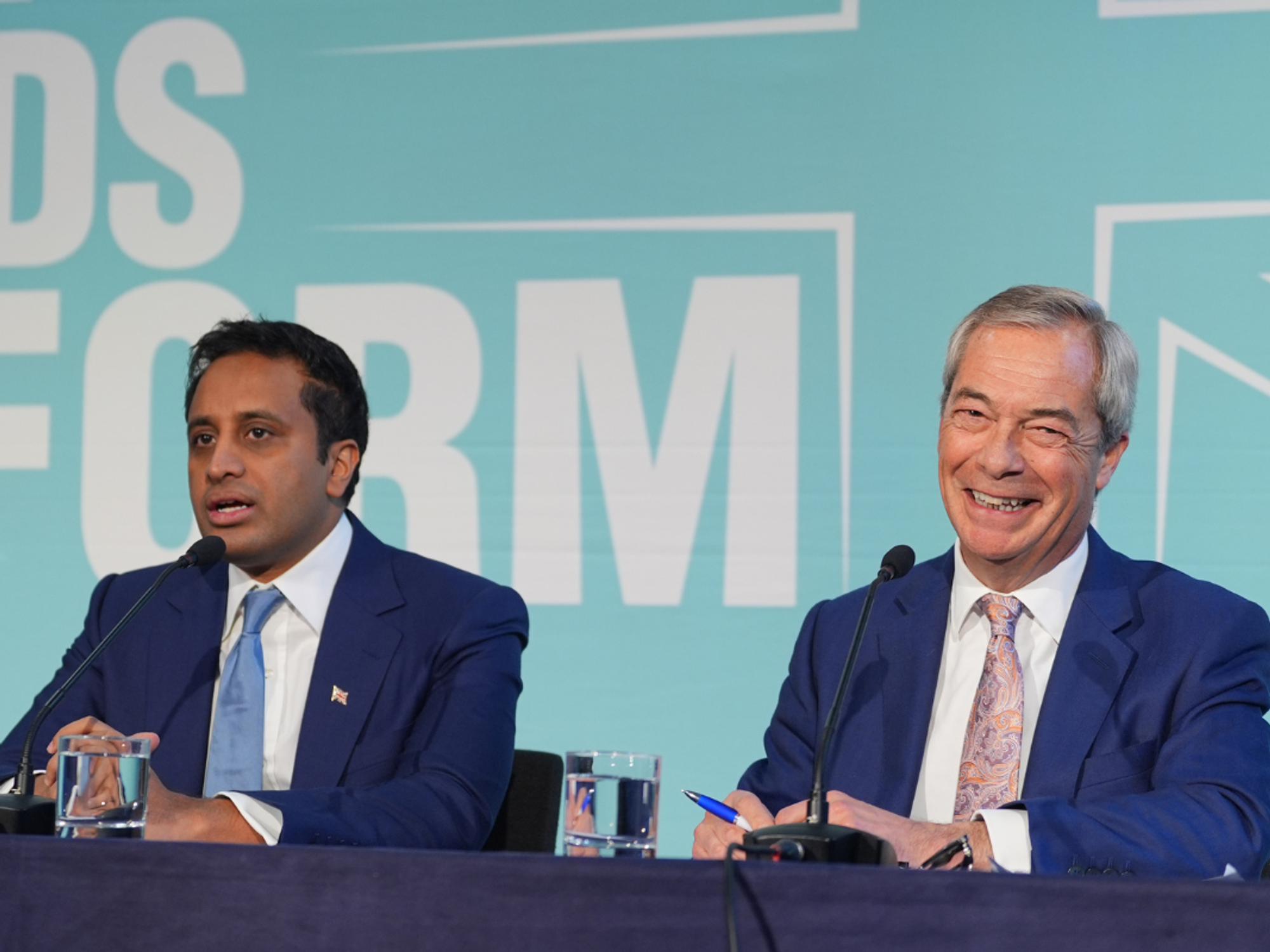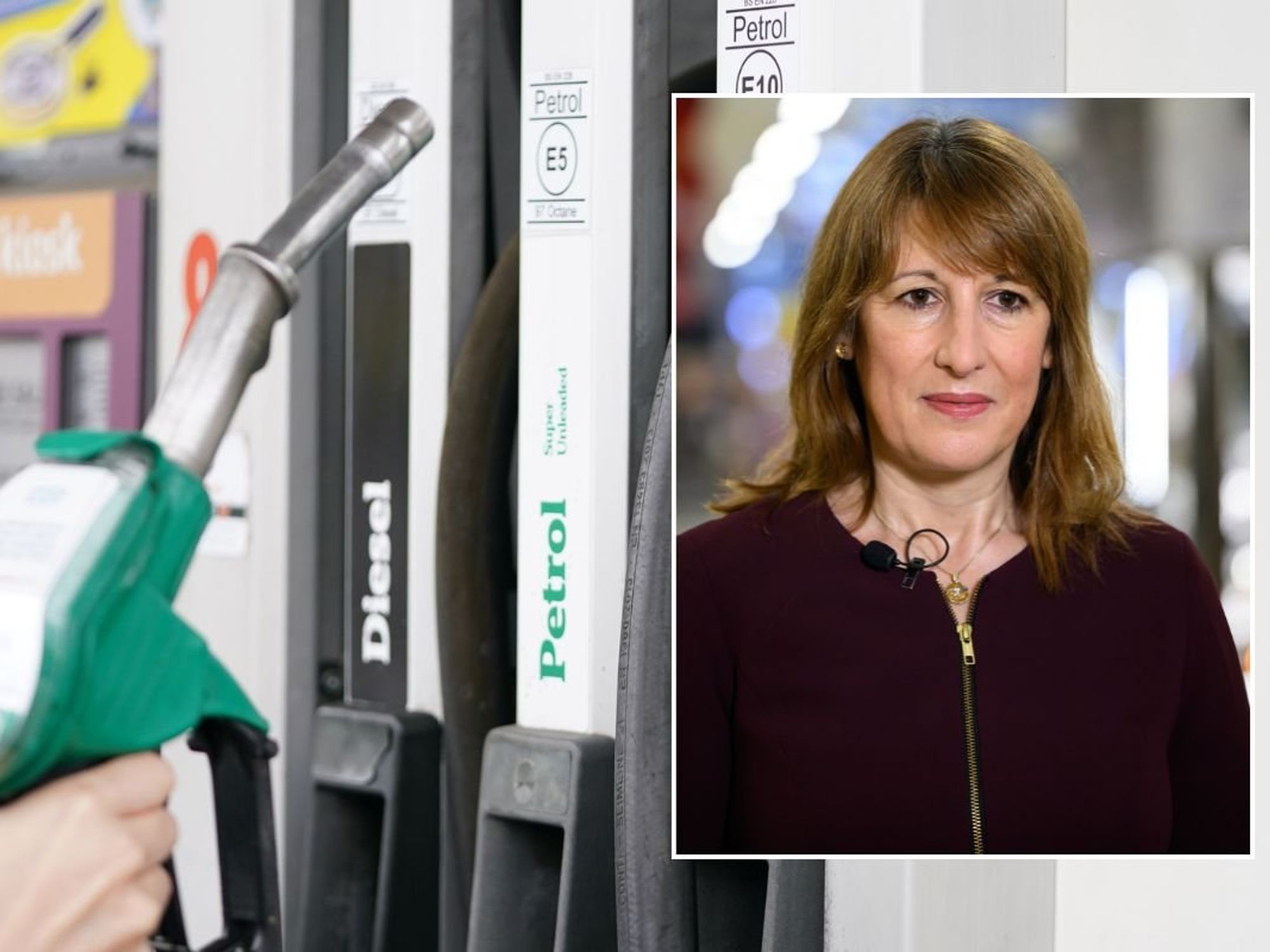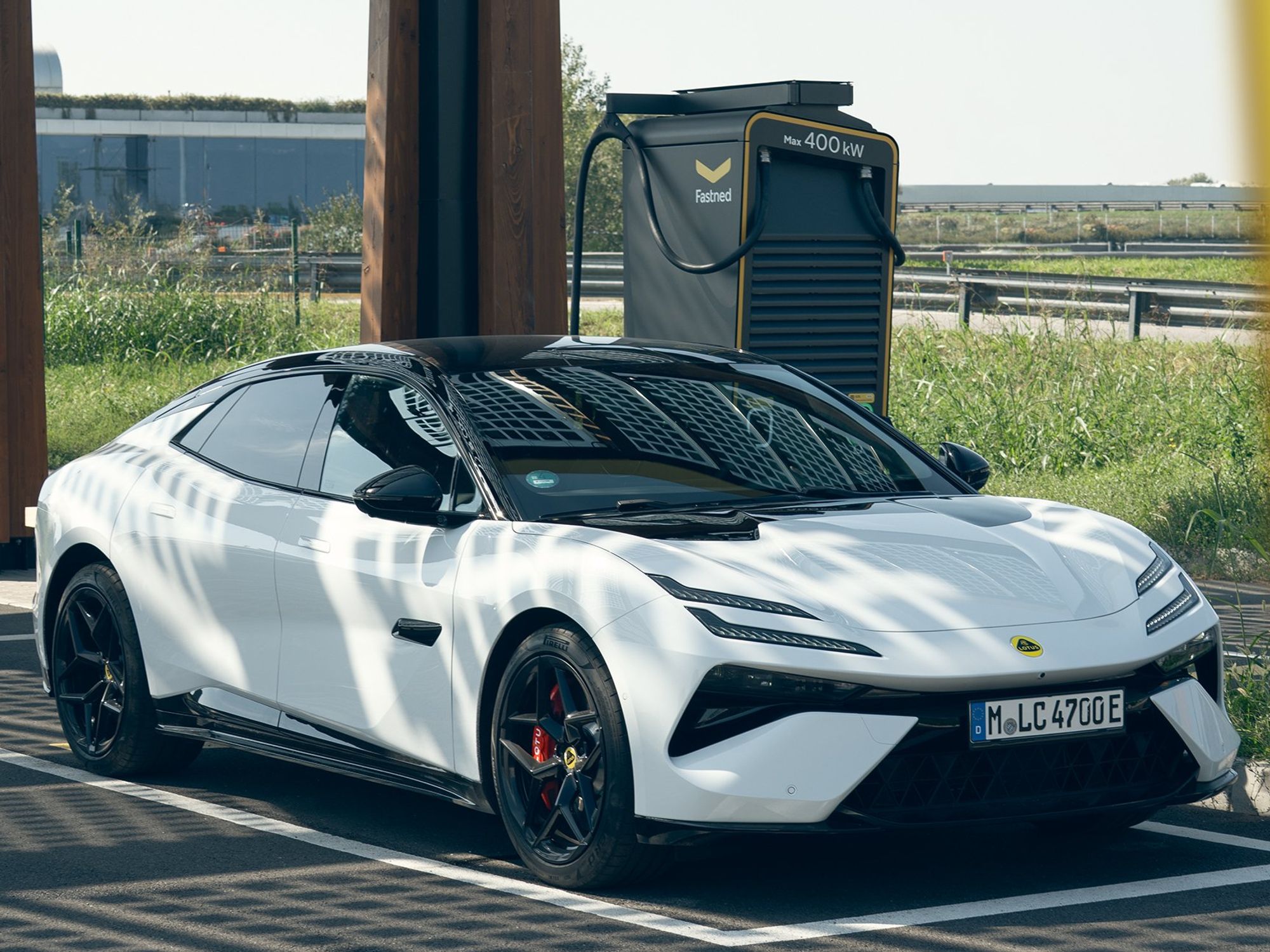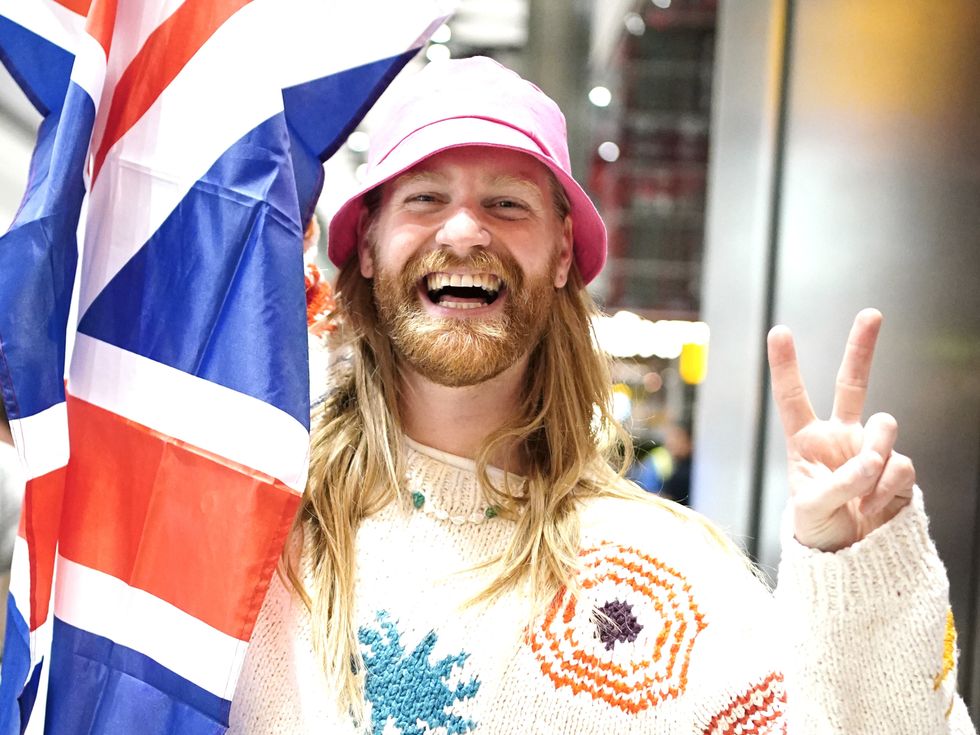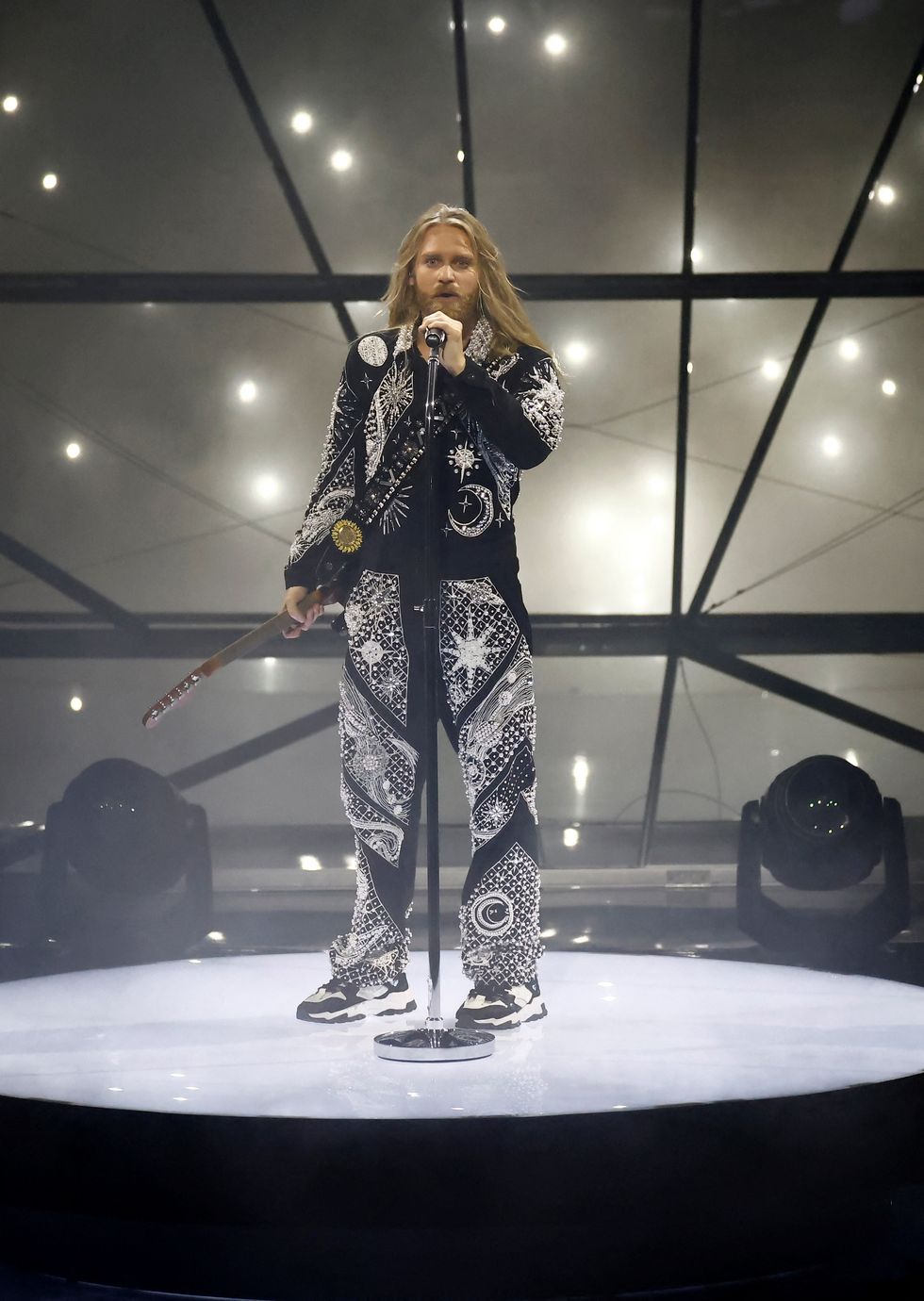Eurovision confirms UK's position after ruling on 'irregular votes'
The UK was initially announced as runner up after six countries were found to have reported irregular voting patterns
Don't Miss
Most Read
The organiser of the Eurovision Song Contest has stuck by its decision to replace six countries’ jury results with aggregate scores during Saturday’s grand finale, ending uncertainty over the final result.
The announcement by the European Broadcasting Union (EBU) essentially confirms Sam Ryder of the UK as the runner-up for 2022.
During the second semi-final last week, six countries were found to have reported “irregular voting patterns”, awarding high scores to each other.
As a result, Azerbaijan, Georgia, Montenegro, Poland, Romania and San Marino had their country’s jury votes in the Saturday final substituted for aggregates.
Those scores were calculated “based on the results of other countries with similar voting records”.
Sam Ryder
Dominic Lipinski
Under the aggregate scores, Azerbaijan and Georgia both awarded the UK 12 points, with eight points coming from San Marino, Romania and Poland, and five points from Montenegro.
The jury round makes up 50% of the final score, with the public vote making up the other half.
The EBU has now confirmed those points will stand.
In a statement, the body said it had “since discussed the jury patterns with the relevant broadcasters and given them the opportunity to further investigate the jury voting in their countries”.
It added: “The EBU reconfirms its decision to replace the jury votes for these six countries with a substitute aggregate result in both the second semi-final and the grand final.
Sam Ryder from United Kingdom performs during the final of the 2022 Eurovision Song Contest in Turin
YARA NARDI
“The EBU also confirms the final rankings of the 40 participants in the 2022 Eurovision Song Contest.”
The UK topped the jury vote but Ukraine’s Kalush Orchestra went on to win overall after a symbolic show of public support which saw them soar to first place with 631 points.
They had been the frontrunners since Russia’s invasion in February – which prompted organisers to ban the Russian entrant from competing.
Ukraine joined the international contest in 2003 and its three wins make it one of the most successful of the newer competitor countries – having also triumphed in 2004 and 2016.






